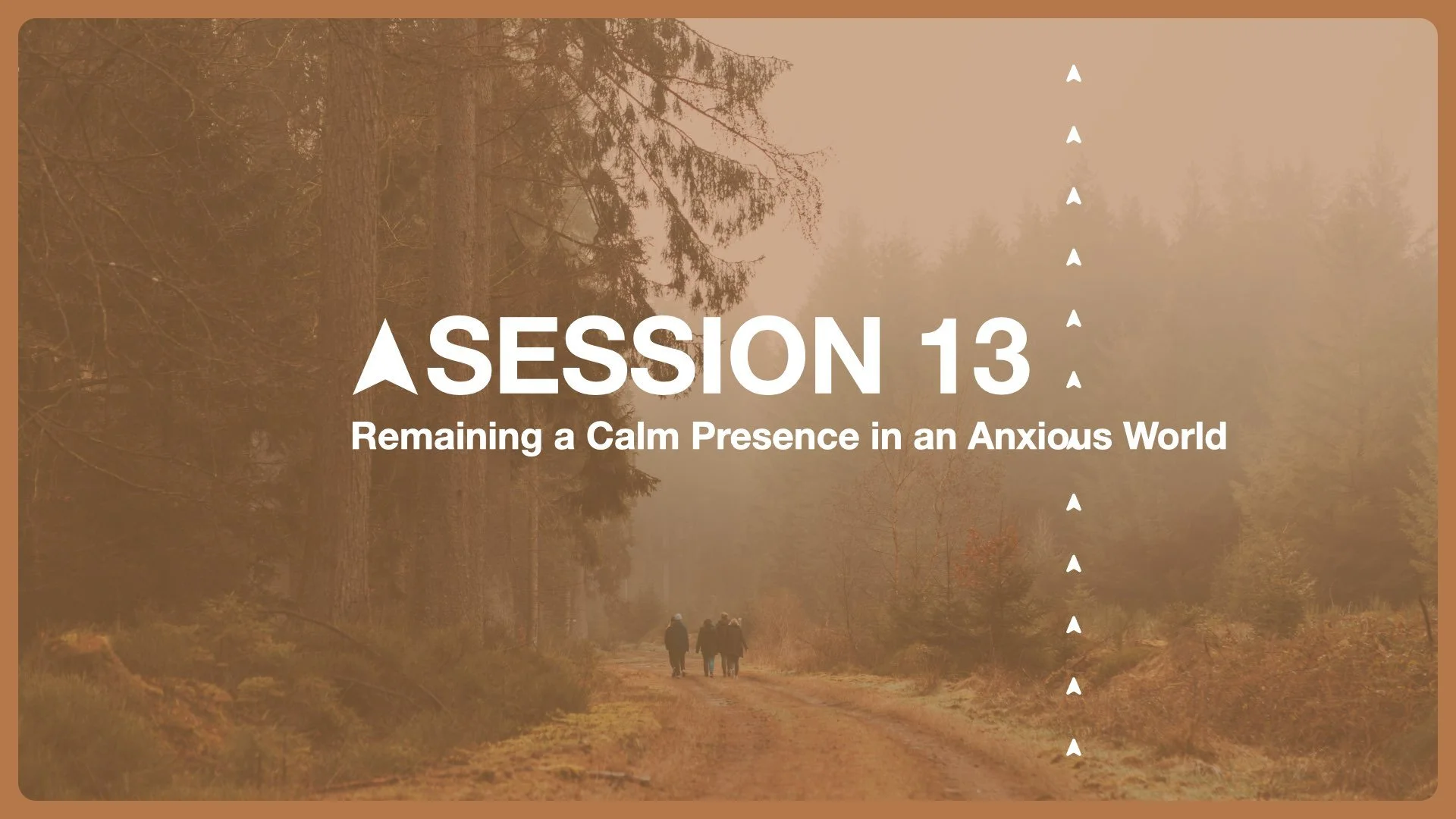SESSION 13 (2024)
LEG 1 (11/27-12/10)
READING
Good and Beautiful and Kind by Rich Villodas
Chapter 6: Resisting Reactivity - Living as a Calm Presence in an Anxious Culture
Chapter 7: A Bridge, not a Barrier - Healthy Conflict in Pursuit of Wholeness
Chapter 8: The Gift of Forgiveness - Honestly Breaking the Cycle of Offense
REFLECTING
Reflect on the following questions regarding the reading, writing in your journal:
Describe a situation in your life that is currently making you anxious or bringing about anxiety. When anxiety emerges within us, which is a response to a real or perceived threat, we typically respond by either “cutting off” or being “enmeshed.” (p116-117) Which of these two directions do you find yourself going in with this situation? How has this negatively impacted your relationship with those around you, whether they are directly or indirectly involved? How has this response furthered your anxiety? (GBK, Ch6)
Rich describes three practices for cultivating a calm presence: emotional self-regulation, naming the messages, and speaking clearly. Which of these three did you find most helpful and why? Thinking back to the situation described above, how might you now respond differently? (GBK, Ch6)
How did your family of origin typically handle conflict? Note that your parents may have handled it differently from each other - and at the same time handled it differently depending on who the conflict was with (each other, a child, someone outside your family). How has this approach, healthy or not, continued to shape your current relationships and handling of conflict? Try and describe both a healthy approach and unhealthy approach that you learned. (GBK, Ch7)
Healthy conflict requires confrontation, however anticipating confrontation often elevates our anxiety. Describe a current conflict that you are avoiding confronting. What is causing you to avoid confronting the conflict? (refer to the list on p147 for help) (GBK, Ch7)
In the midst of conflict, and avoiding conflict, we are often prone to talk to everyone but the person we need to talk to. Not only that, we’re prone to label this as “processing”, when in fact it is often times gossip. How are you currently triangulating in this way (p149)? (GBK, Ch7)
Review the steps to a “clean fight” (p153). Think of a current conflict you might be going through and write out how you could respond using these four steps. (GBK, Ch7)
Which do you typically find more difficult: asking for forgiveness or extending forgiveness? Why? (GBK, Ch8)
Read through the parable of the unforgiving servant (Matthew 18:21-35). What words or phrases stood out to you? How did the idea of unlimited forgiveness resonate with you? Did you think first about your needing to forgive or your being forgiven? (GBK, Ch8)
Who in your life are you struggling (or outright refusing) to forgive? Why is that? What is holding you back from releasing this and extending forgiveness? Is there something you are expecting of the other person as a pre-requisite? What if that never comes? (GBK, Ch8)
Fill in the blanks: What I am beginning to realize about God this week is _______. What I am beginning to realize about myself this week is _______. (EHS-WB, p34)
PRACTICING
Continue with the Daily Office using Emotional Healthy Relationships Day By Day by Peter Scazzero
LEG 2 (12/11-12/24)
READING
Emotionally Healthy Spirituality by Peter Scazzero
Chapter 7: Grow into an Emotionally Mature Adult - Learning New Skills to Love Well
Life Together by Dietrich Bonhoeffer
Chapter 4: Ministry
Liturgy of the Ordinary by Tish Harrison Warren
Chapter 6: Fighting with My Husband - Passing the Peace and the Everyday Work of Shalom
Sacred Rhythms by Ruth Haley Barton
Chapter 4: Prayer - Deepening Our Intimacy with God
REFLECTING
Reflect on the following questions regarding the reading, writing in your journal:
According to Martin Buber, we treat people as an “It” when we use them as means to an end or as objects. We treat people as a “Thou” when we recognize each person as a separate human being made in God’s image and treat them with dignity and respect. (EHS, Ch7)
> Think of a recent time when you felt as though you were treated as an “It” rather than a “Thou”. How did this make you feel? How did you respond? What do you think the other person was using you for?
> Think of a time you treated another as an “It” rather than a “Though”. How did this impact your relationship? What was it you were hoping to gain from them?
Think of a recent expectation that went unmet and left you feeling angry or disappointed. How may your expectations of them (or the situation) been: unconscious, unrealistic, unspoken, or un-agreed upon by others and therefore led to the conflict? (EHS - Ch7, p182-184)
Think of a similar experience only from the other perspective, where someone else’s expectations of you went unmet. How do you feel their expectations of you (or the situation) were: unconscious, unrealistic, unspoken, or un-agreed upon by you? (EHS - Ch7, p182-184)
Unmet expectations are in some sense unavoidable in life - either your own or those of others. Thinking back on how you have responded to unmet expectations, ask yourself the following questions: (EHR, p51)
> What do I do when someone cannot meet my expectations?
> What do I do if I have an agreed upon expectation with someone and they don’t do it?
> What do I do if God doesn’t meet my expectations?
Bonhoeffer describes the ministry of listening (p97-99). Who in your life have you found to excel at this ministry in a way that has brought you comfort? Send them a note of encouragement (even if just a text message) to let them know! (LT, Ch4)
Of the seven ministries that Bonhoeffer describes (holding one’s tongue, meekness, listening, helpfulness, bearing, proclaiming, authority), which of these do you find to be most natural for you and why? Which of these do you most struggle with and why? (LT, Ch4)
What is one practical way you can pursue true peace - shalom - either in your home, your workplace, or some other sphere of daily life this week? (LOTO, Ch6)
Spend the next couple of minutes in prayer, praying for peace - either in your own personal life, in your community, in our church, or in our world. (LOTO, Ch6)
What is one step you can take today to quiet the noise in order to listen more attentively to the voice of Jesus and slow down in order to live more faithfully to the way of Jesus? (EHS-WB, p26)
PRACTICING
Continue with the Daily Office using Emotional Healthy Relationships Day By Day by Peter Scazzero
LEG 3 (12/25-1/7)
REFLECTING
Reflect on the following questions regarding the first year in The Way and share your responses with Pastor Ashley and your Formation Group, preferably by sharing a Google Doc.
Please read through all of the questions and reflect on them as a whole before responding. While some may appear similar at first, they are guiding you in reflecting on different aspects. The “why” behind the “what” is the key to the reflection, and what may differentiate a similar response to two different questions. That said, if you feel that you have a common response to both the “what” and the “why” of two different questions, feel free to combine them into a single response.
Reflecting back on the second year of The Way:
What is something you have learned about God?
What is something you have learned about yourself?
What has been most challenging for you - and why do you think that is?
Where do you feel you have experienced the most growth - and why do you think that is?
What aspect of The Way have you most enjoyed - and why do you think that is?
What has been most helpful for you in your walk with Jesus?
Looking ahead to the third year of The Way:
What are you most looking forward to?
Where do you most desire to grow?
What will you do differently in the second year based on how the first year went?
PRACTICING
Continue with the Daily Office using Emotional Healthy Relationships Day By Day by Peter Scazzero
PUBLISHED: Wednesday, October 25th, 2023 at 3:47PM CT
UPDATED: Tuesday, November 21st, 2023 at 2:18PM CT - removed TBD sermon from leg 1

